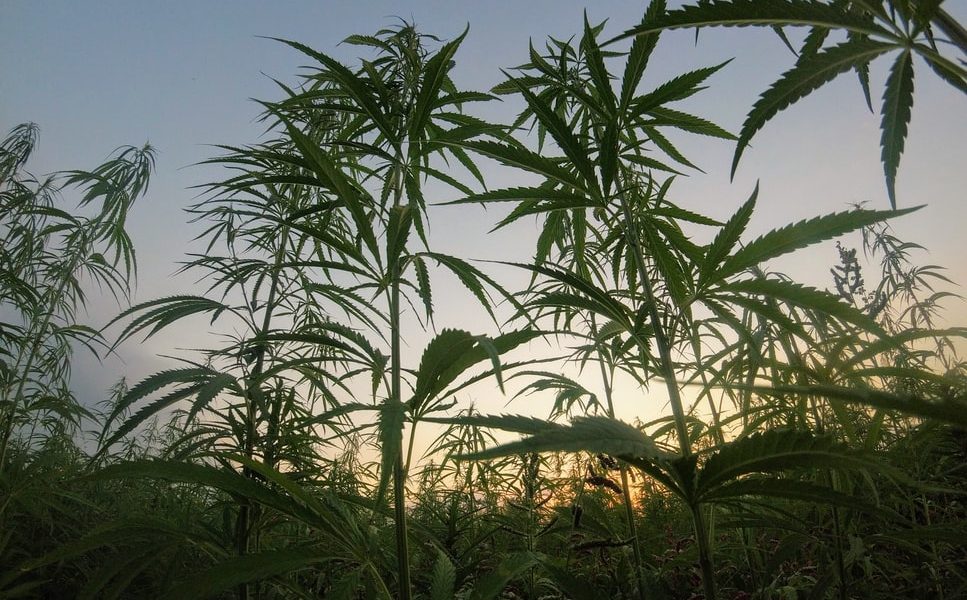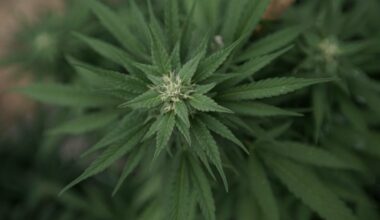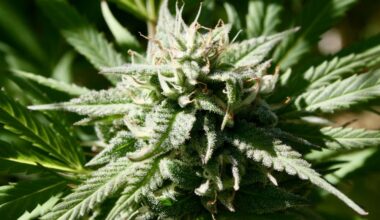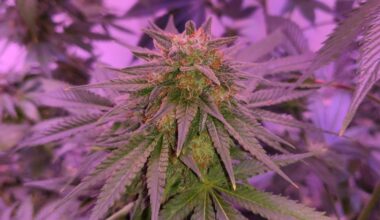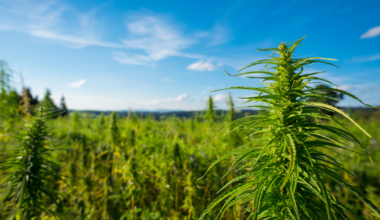A Senate committee has scheduled a meeting for next week that will focus on marijuana issues in Indian communities.
The Senate Indian Affairs Committee, chaired by Sen. Brian Schatz (D-HI), posted a notice of the listening session, titled “Cannabis in Indian Country,” which is set to take place on June 17.
The notice, posted on Friday, doesn’t include any specific details about what kind of ground the discussion will cover, but Schatz’s communications director told Marijuana Moment that it’s an opportunity for tribes to share feedback on cannabis issues with Senate staffers. The session is not considered a formal hearing, and so it is not expected that senators themselves will necessarily be present.
Nonetheless, it stands to reason that the issue of Tribal sovereignty to enact marijuana policy changes without interference from the federal government would be a key area of interest for stakeholders at the meeting.
In March, a coalition of nine U.S. senators sent a letter to Attorney General Merrick Garland, urging him to direct federal prosecutors to not interfere with marijuana legalization policies enacted by Native American tribes.
The letter requested that the Justice Department “respect the inherent sovereignty of Tribal governments and cease the enforcement of the Controlled Substances Act on Tribal land as it pertains to the growth, possession, and use of cannabis for medicinal, agricultural, and recreational purposes, where those Tribes have legalized this activity for its own members and those acting in compliance with Tribal law.”
There was previous Obama-era DOJ guidance on prosecutorial discretion for tribal governments that opted to legalize cannabis. But that guidance, known as the Wilkinson Memo, was rescinded by then-Attorney General Jeff Sessions in 2018, along with a separate memo urging prosecutors not to go after states that established regulated cannabis markets.
The senators urged the attorney general to “reinstate prosecutorial discretion and allow U.S. Attorneys to deprioritize cannabis enforcement where states and Tribes have legalized cannabis.”
While the tribe-specific DOJ guidance was rescinded, the federal government has generally taken a hands-off approach to marijuana enforcement in states that have chosen to legalize the plant. Last year, however, a federal agency raided a small, home cannabis garden of a medical cannabis patient living on Indian territory in New Mexico.
The governor of the Pueblo of Picuris told Marijuana Moment at the time that he felt the raid amounted to a federal double standard, and the tribal government has sought answers from the federal Bureau of Indian Affairs (BIA), which falls under the Department of the Interior.
Last month, the Pueblos of Pojoaque and Picuris signed an intergovernmental cooperative agreements with New Mexico’s government that allows the tribes to impose their own tax on cannabis products sold within their tribal jurisdictions.
“New Mexico has a strong history of collaborating with tribes to efficiently administer taxes while recognizing tribal sovereignty and the limitations of state authority on tribal lands,” New Mexico Taxation and Revenue Secretary Stephanie Schardin Clarke said in a press release. “This administration is committed to strengthening relationships with tribal governments.”
Pojoaque Gov. Jenelle Roybal said that the tribe is “very pleased to enter into this cannabis tax agreement and continue and expand our cooperative efforts with the State of New Mexico regarding intergovernmental tax coordination and administration.”
Other states like Washington similarly allow Native tribes to enter into intergovernmental agreements that would authorize Indian territories to enact their own regulations, penalties and tax policies for cannabis.
Last year, a bipartisan group of congressional lawmakers asked House leaders to include provisions broadly protecting states and tribes that have legalized marijuana from facing federal interference in final spending legislation for Fiscal Year 2022. That did not pan out, however.
Amendments with those provisions were made in order for floor votes by the House Rules Committee in July for the Commerce, Justice, Science, and Related Agencies (CJS) funding package, but that spending legislation was never taken up on the floor as a result of disputes on other, unrelated law enforcement provisions.
The cannabis language has been proposed in past sessions as well, passing the House in 2020 and 2019. But it was not attached to final appropriations legislation sent to the president’s desk.
Separately, the U.S. Department of Agriculture (USDA) has approved hemp regulatory plans submitted by dozens of tribes across the country since the crop was federally legalized under the 2018 Farm Bill.
Congressional Researchers Say Marijuana Legalization Movement Is Undermining Mexican Cartel Profits
Medical Disclaimer:
The information provided in these blog posts is intended for general informational and educational purposes only. It is not a substitute for professional medical advice, diagnosis, or treatment. Always seek the advice of your physician or other qualified healthcare provider with any questions you may have regarding a medical condition. The use of any information provided in these blog posts is solely at your own risk. The authors and the website do not recommend or endorse any specific products, treatments, or procedures mentioned. Reliance on any information in these blog posts is solely at your own discretion.
